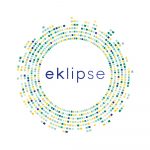With partners across Europe, Alternet is uniquely equipped to support international biodiversity and ecosystem research capacity. The MSR (Multi-Site Research) initiative, a flagship activity of Alternet, supports innovative projects that take full advantage of our pan-European range of research sites and diverse infrastructure.
The MSR initiative invites research projects on fundamental ecological questions and socio-ecological issues. Potential subjects range from ecosystem functioning to eco-political issues, and research techniques (from field surveys and lab analysis to interviews and citizen science) are welcome. With Alternet’s wide-spanning distribution of partners, MSR projects may include the majority of bio-geographical and socio-economic regions in Europe.




